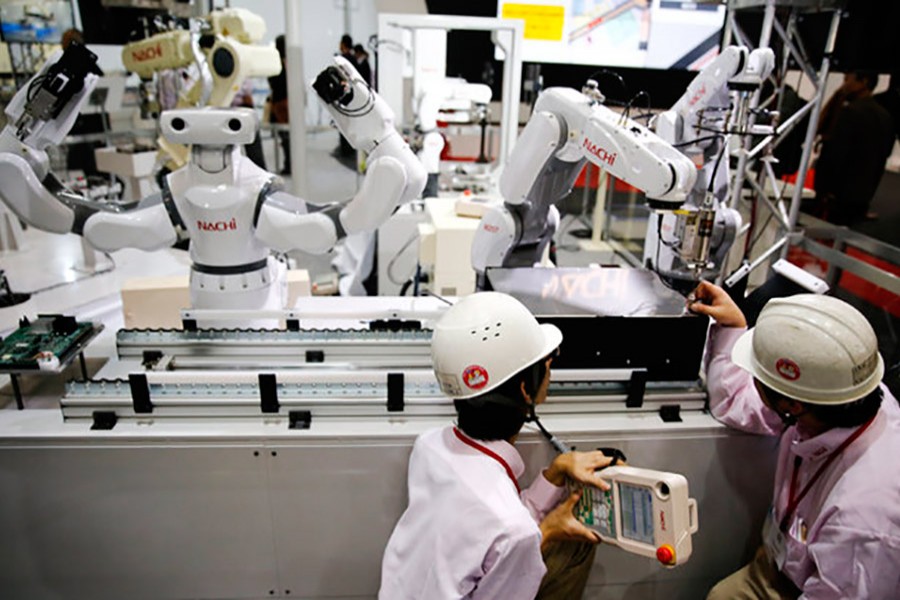Up to 800 million global workers will lose their jobs by 2030 and be replaced by robotic automation, a new report from a consultancy has found.
The study of 46 countries and 800 occupations by the McKinsey Global Institute found that up to one-fifth of the global work force will be affected.
It said one-third of the workforce in richer nations like Germany and the US may need to retrain for other jobs.
Machine operators and food workers will be hit hardest, the BBC reports, citing the study.
Poorer countries that have less money to invest in automation will not be affected as much, according to McKinsey.
India, the authors write, will only have about 9 per cent of jobs replaced by emerging technologies.
The authors see tasks carried out by mortgage brokers, paralegals, accountants, and some back-office staff as especially vulnerable to automation.
Jobs requiring human interaction such as doctors, lawyers, teachers, and bartenders are seen by McKinsey as less prone to automation.
Specialised lower-wage jobs, such as gardening, plumbing and care work, will also be less affected by automation, the study predicted.
In developed countries, the need for a university education will grow, as jobs that require less education shrink.
In the US alone, 39 to 73 million jobs may be eliminated by 2030, but about 20 million of those displaced workers may be able to easily transfer to other industries, according to the McKinsey report.
In the UK, 20 per cent of current jobs will be automated over the same period, the author's forecast.
The authors believe the world will see a transition on the scale of the early 1900s when much of global industry switched from farming to factory work.
But they caution that new technology will yield new types of jobs, similar to the introduction of the personal computer in the 1980s which led to technology support work, and online business.
The report's authors urge governments to enact plans to retrain their citizens.


